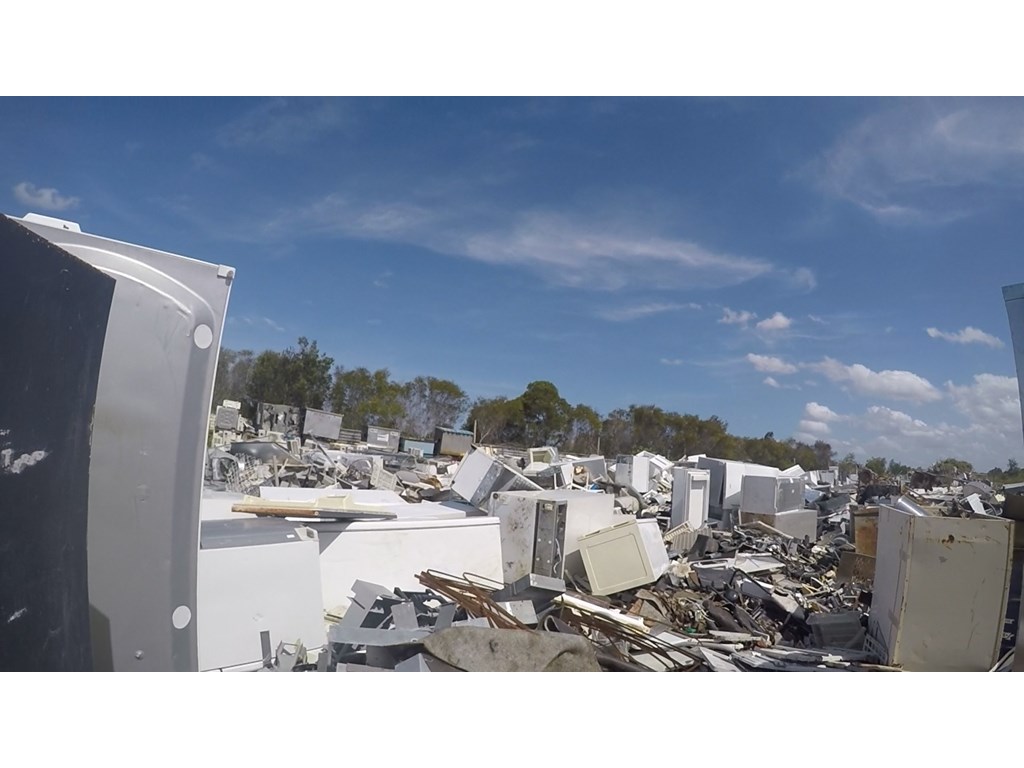Published Friday, 12 February, 2021 at 04:48 PM

Minister for the Environment and the Great Barrier Reef and Minister for Science and Youth Affairs
The Honourable Meaghan Scanlon

$100,000 in fines for illegal waste operators
More than $100,000 in fines have been issued in the past three months to people who have been illegally operating in the waste industry in Queensland.
The Department of Environment and Science (DES) has also issued 16 Direction Notices to immediately cease activities for operators in breach of the Environmental Protection Act 1994.
Environment Minister Meaghan Scanlon said ensuring waste was handled appropriately was fundamental to protecting the environment and our communities.
Guaranteeing licensed waste operators who follow the law are protected from operators who are not licensed is also important to the economy, she said.
DES launched a team of compliance officers dedicated solely to investigating and enforcing unlicensed waste matters in the state in November last year.
The Unlicensed Waste Team has undertaken almost 20 site visits of waste operations and waste tyre handlers who were believed to be operating outside the law.
Compliance officers have issued 15 Penalty Infringement Notices for offences under the EP Act and Environmental Protection Regulation 2019 with fines totalling more than $100,000.
In addition to this work to ensure the waste industry is operating appropriately, a waste stockpile fire prevention guideline has also been developed by DES with support from the Waste Recycling Industry Association of Queensland (WRIQ).
Minister Scanlon said preventing fires in waste stockpiles was vital to protecting the health of the community and the environment.
“We have had some significant issues in relation to used tyre stockpiling which have led to fires, Minister Scanlon said.
“When they occur, waste fires are a threat to the environment and to human health.
“The new guideline will assist waste facility operators to manage combustible waste stockpile fire risks and reduce the environmental impacts of a fire at their premises.
“The consequences of waste fires include the release of air-borne contaminants, firewater run-off, combustion products, firefighting chemicals and toxic smoke and the significant cost to taxpayers of cleaning-up the mess.”
Waste Recycling Industry Association of Queensland CEO Mark Smith said Queensland’s waste and recycling sector collectively managed the waste and recycling needs of the state.
“The safe management of Queensland’s waste is a shared responsibility and involves everyone in the supply chain,” Mr Smith said.
“For the waste and recycling industry, they can eliminate, reduce and manage their risks through the adoption of the government’s guideline.
“Others in the supply chain should look to understand their role in fire prevention. For example, the public play a role here which includes not putting batteries into the landfill or recycling bin.”
The new Guideline – Prevention of fires in waste stockpiles is available at https://environment.des.qld.gov.au/__data/assets/pdf_file/0024/222954/cm-gl-waste-stockpile-fire-external.pdf
ENDS
Media contact: DES Media Unit on (07) 3339 5831 or media@des.qld.gov.au

